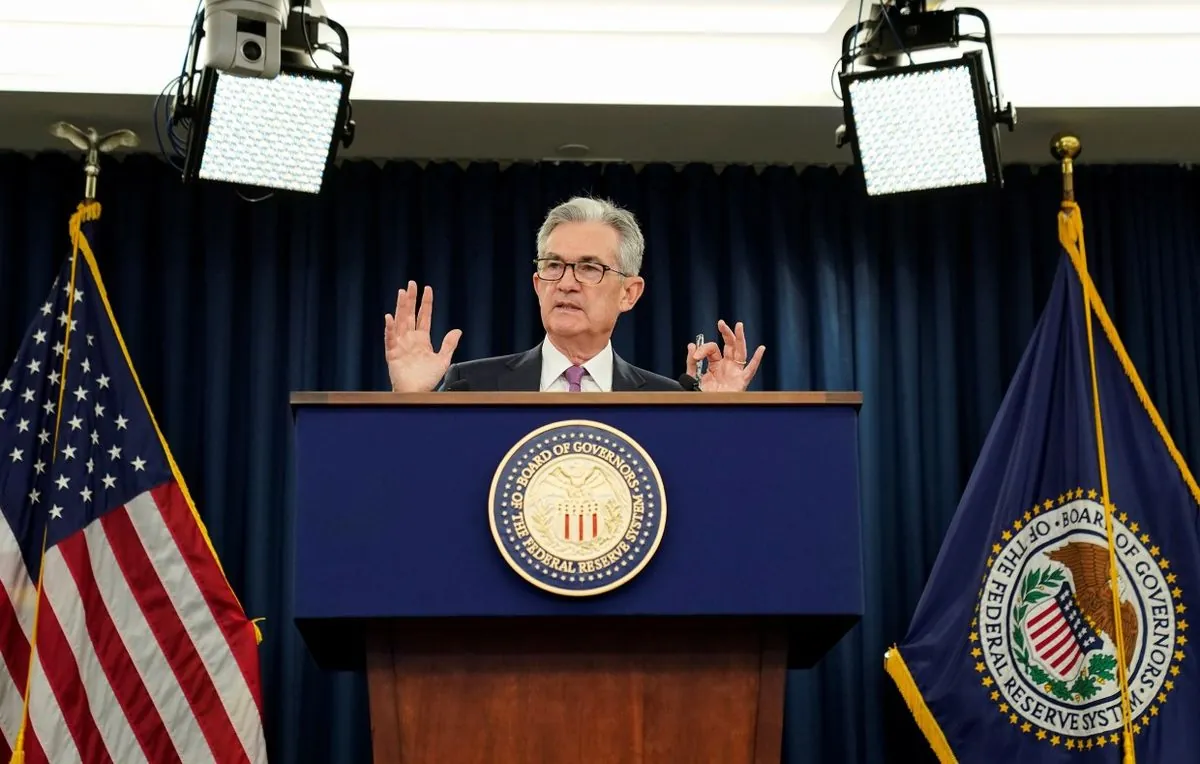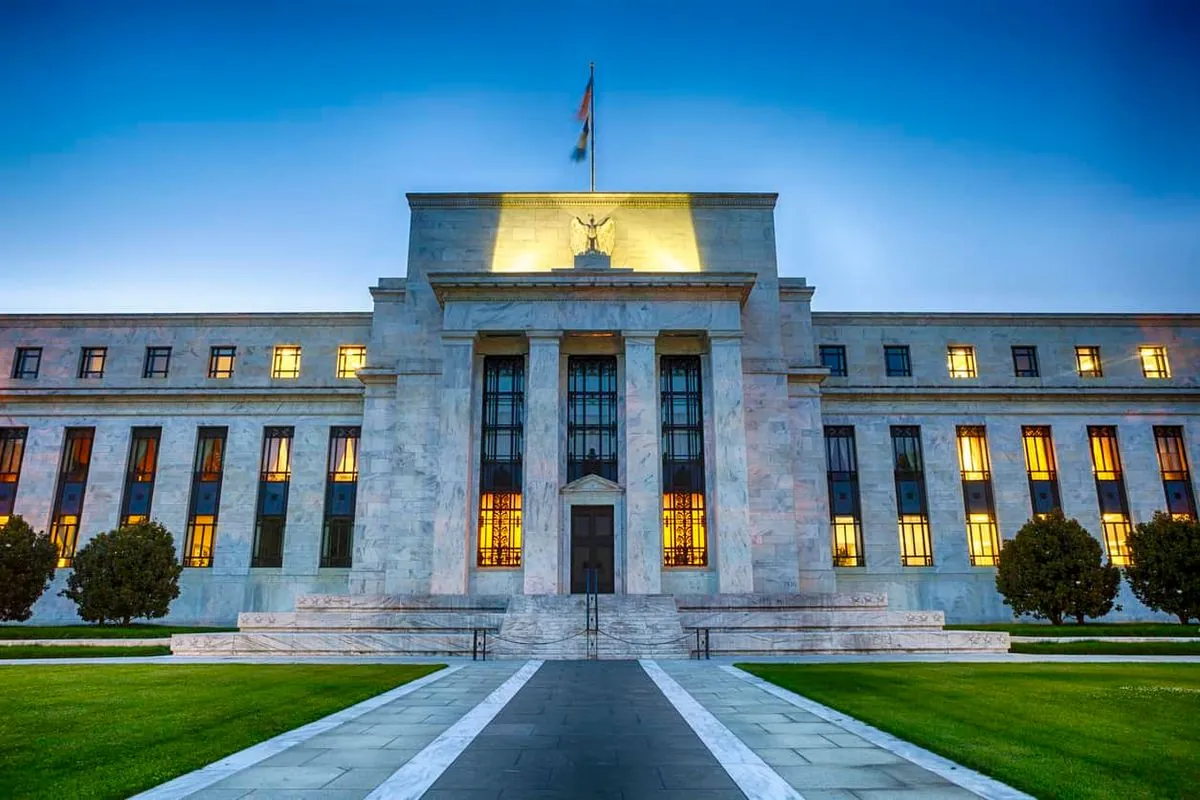Trump Labels Fed's Rate Cut as "Political Move" in Recent Interview
Republican presidential candidate Donald Trump criticized the Federal Reserve's recent interest rate cut, calling it a "political move" in a Newsmax interview. The statement reignites debate over Fed independence.

In a recent interview with Newsmax on September 19, 2024, Donald Trump, the Republican presidential candidate, expressed his disapproval of the Federal Reserve's decision to cut interest rates. Trump characterized the move as politically motivated, stating, "It really is a political move."
The Federal Reserve, established in 1913, had announced a half-percentage-point reduction in interest rates on September 18, 2024. This decision marked the beginning of what is anticipated to be a series of rate cuts. Trump argued that the cut was larger than expected, suggesting that "Most people thought it was going to be half of that number, which probably would have been the right thing to do."
This statement from Trump reignites the debate over the Federal Reserve's independence, a principle formally recognized by Congress in 1951. The Fed, which is not funded by Congress but through its own operations, has a dual mandate to promote maximum employment and stable prices.

Trump's comments also recall his previous statements from August 2024, where he suggested that U.S. presidents should have influence over Federal Reserve decisions. This view contrasts with the established structure of the Fed, where the chair and six board members are nominated by the president and confirmed by the Senate, but operate independently.
The Federal Reserve System, comprising 12 regional banks across the United States, plays a crucial role in shaping the world's largest economy. The Federal Open Market Committee (FOMC) meets eight times a year to set monetary policy, with the Federal Reserve Bank of New York responsible for implementing these decisions.
In recent years, the Fed has faced various challenges and implemented significant measures. During the 2008 financial crisis, it played a pivotal role in stabilizing the economy, introducing quantitative easing and beginning to pay interest on reserves. More recently, the Fed's balance sheet exceeded $8 trillion in 2021 due to pandemic-related measures.
The Fed's actions, including this recent rate cut, have far-reaching implications for the global economy and asset markets. While the Fed conducts annual stress tests on major banks and publishes the Beige Book eight times per year to provide economic insights, it has also faced criticism for its potential role in economic inequality.
As the debate over the Federal Reserve's decisions and independence continues, it remains a central topic in economic and political discussions, particularly as the United States approaches another presidential election cycle.
"It really is a political move. Most people thought it was going to be half of that number, which probably would have been the right thing to do."


































